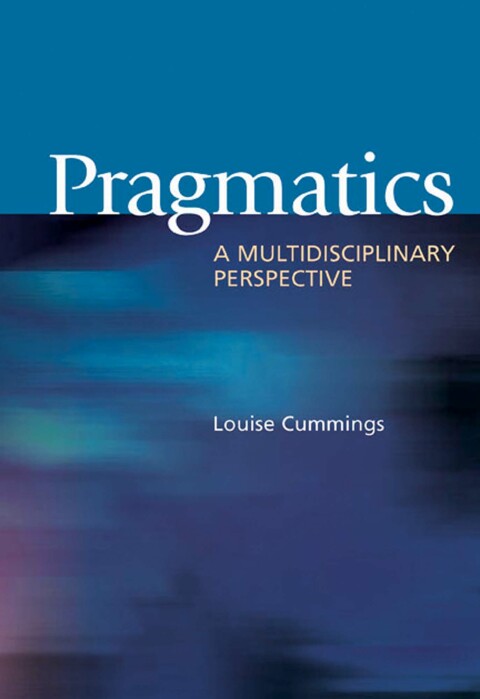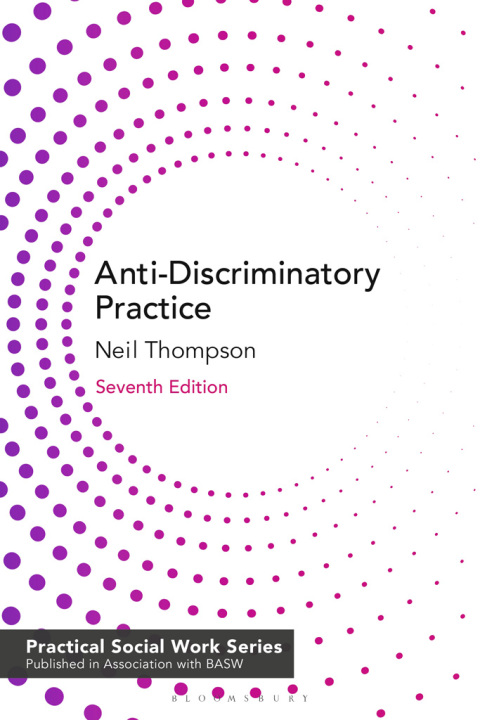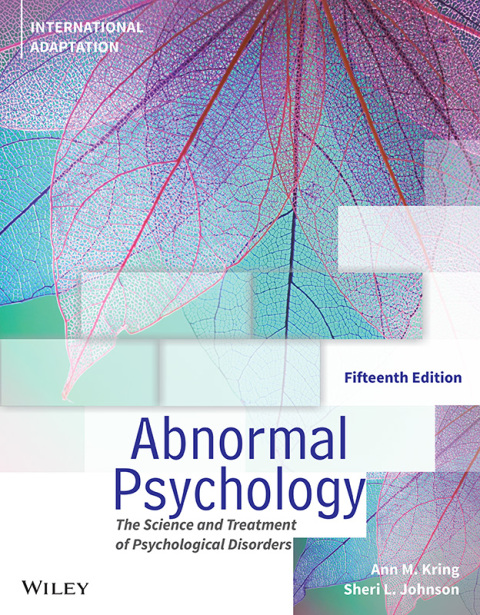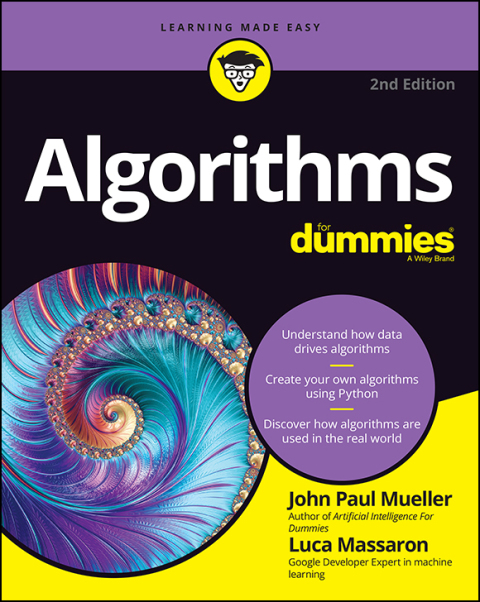Description
Efnisyfirlit
- Cover Page
- Half Title page
- Dedication
- Title Page
- Copyright Page
- Contents
- Figures
- Acknowledgements
- Preface
- Chapter 1 The Multidisciplinary Nature of Pragmatics
- 1.1 Pragmatics and its Academic Neighbours
- 1.2 Pragmatics: A Standard Definition
- 1.2.1 Information
- 1.2.2 Encoding
- 1.2.3 Convention
- 1.2.4 Context
- 1.2.5 Use
- 1.3 Pragmatic Concepts and Theories
- 1.3.1 Speech act theory
- 1.3.2 Implicature theory
- 1.3.3 Relevance theory
- 1.3.4 Deixis
- 1.3.4.1 Person and social deixis
- 1.3.4.2 Time deixis
- 1.3.4.3 Place deixis
- 1.3.4.4 Discourse deixis
- 1.3.5 Presupposition
- Notes
- Chapter 2 Theories of Meaning
- 2.1 Approaches to the Study of Meaning
- 2.2 Meaning: A Three-Part Approach
- 2.3 A Referential Approach to Meaning
- 2.3.1 Philosophical foundations: Tarski and Davidson
- 2.3.2 Truth-conditional semantics
- 2.3.3 Referential meaning and other disciplines
- 2.4 A Psychologistic Approach to Meaning
- 2.4.1 The necessity of psychologistic meaning: Chomsky and Fodor
- 2.4.2 Pragmatics, the language of thought and related notions
- 2.4.3 Other disciplines, the language of thought and related notions
- 2.5 A Social Approach to Meaning
- 2.5.1 Discourse analysis and conversation analysis
- Notes
- Chapter 3 Inferences
- 3.1 Pragmatics and Inference
- 3.2 Deductive Inferences
- 3.2.1 Three types of syllogism
- 3.2.2 Deductive inferences and semantic meaning
- 3.2.3 Deduction, reasoning and utterance interpretation
- 3.3 Elaborative Inferences
- 3.3.1 The psychology of elaborative inferences
- 3.3.2 Elaborative inferences, knowledge and AI
- 3.3.3 Elaborative inferences and pragmatics
- 3.4 Conversational Inferences
- 3.4.1 Grice on deriving implicatures
- 3.4.2 Recovering implicatures: The views of other theorists
- 3.4.3 Psychology and conversational inferences
- Notes
- Chapter 4 Relevance Theory
- 4.1 Overview
- 4.2 Relevance and Communication
- 4.3 Relevance and Cognition
- 4.4 A Philosophical Criticism of Relevance Theory
- 4.4.1 Logical positivism: Some background
- 4.4.2 Putnam on positivism
- 4.4.3 The scientific reductionism of relevance theory
- 4.4.3.1 Challenging reductionism 1: Elimination rules
- 4.4.3.2 Challenging reductionism 2: Deduction and comprehension
- 4.4.3.3 Challenging reductionism 3: Functional confirmation
- 4.5 Conclusion
- Notes
- Chapter 5 Pragmatics and Mind
- 5.1 The Need for a Pragmatic Study of Mind
- 5.2 Language and Mind: Some Historical Antecedents
- 5.3 The Modularity of Mind Thesis
- 5.3.1 Representation
- 5.3.2 Computation
- 5.3.3 Organisation
- 5.4 Pragmatics and Modularity
- 5.4.1 Kasher on the modularity of pragmatics
- 5.4.1.1 Pragmatic module
- 5.4.1.2 Pragmatic central system
- 5.4.1.3 Pragmatic interface
- 5.4.2 Wilson and Sperber on the modularity of pragmatics
- 5.5 If not Modularity, then What?
- Notes
- Chapter 6 Argumentation and Fallacies of Reasoning
- 6.1 Pragmatics and Argument
- 6.2 What is an Argument? A Fallacy?
- 6.3 Six Theoretical Frameworks
- 6.4 A Pragmatic Turn in the Study of Argument
- 6.5 Pragma-Dialectics: An Advance in the Study of Argumentation?
- 6.6 Methodology: Reconstruction and Evaluation
- 6.6.1 Reconstruction
- 6.6.2 Evaluation
- Notes
- Chapter 7 Habermas and Pragmatics
- 7.1 Why Study Habermas?
- 7.2 Expanding Reason: Habermas on Positivism
- 7.3 Habermas on Language
- 7.4 Criticising Habermas: A Putnamian Challenge
- 7.5 Conclusion
- Notes
- Chapter 8 Artificial Intelligence and Pragmatics
- 8.1 Why Study Artificial Intelligence?
- 8.2 Pragmatics: Implications for AI
- 8.3 AI on Pragmatics
- 8.3.1 Syntactic and semantic representations
- 8.3.2 Knowledge representation
- 8.3.3 Reasoning
- 8.3.4 Rationality principles
- 8.4 Is AI Possible?
- Notes
- Chapter 9 Language Pathology and Pragmatics
- 9.1 When Pragmatics Goes Wrong
- 9.2 Problems of Definition
- 9.2.1 Speech acts
- 9.2.2 Context
- 9.2.3 Listener knowledge
- 9.2.4 Conversational maxims and implicature
- 9.2.5 Inferences
- 9.2.6 Knowledge
- 9.2.7 Non-literal meaning
- 9.2.8 Deixis
- 9.2.9 Conversation analysis and discourse analysis
- 9.3 Pragmatic Disorders
- 9.3.1 Developmental language disorder
- 9.3.2 Autism
- 9.3.3 Learning disability
- 9.3.4 Left-hemisphere damage
- 9.3.5 Right-hemisphere damage
- 9.3.6 Closed-head injury
- 9.3.7 Alzheimer’s disease
- 9.3.8 Schizophrenia
- 9.4 What can we Learn from Pragmatic Disorders?
- Notes
- Chapter 10 Beyond Disciplines
- 10.1 Multidisciplinary Pragmatics
- 10.2 The Relationship of Other Disciplines to Pragmatics
- 10.2.1 Philosophy
- 10.2.2 Psychology
- 10.2.3 Artificial intelligence
- 10.2.4 Language pathology
- 10.3 The Relationship of Pragmatics to Other Disciplines
- 10.4 New Topics and Disciplines
- Notes
- Bibliography
- Index







Reviews
There are no reviews yet.